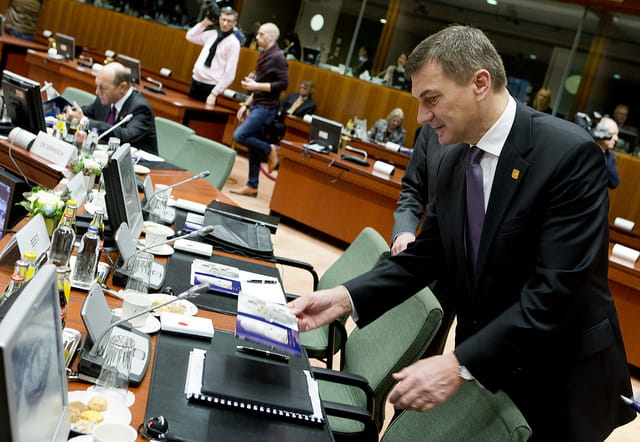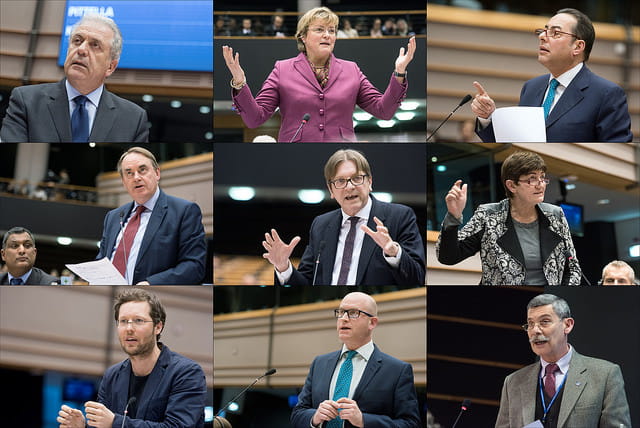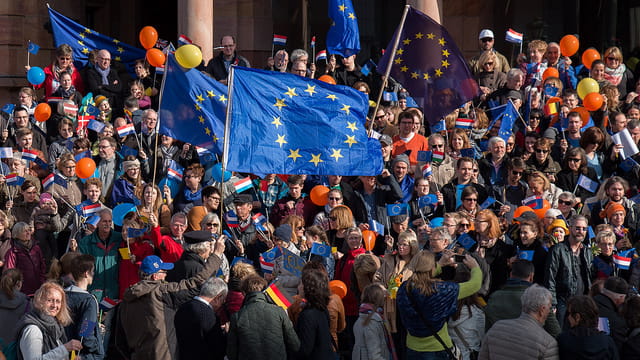Welcome! I am Associate Professor for Government at the University of Vienna
My research interests are in democratic representation, political behavior and public opinion, with a special focus on international, supranational and transnational politics in the European Union. I study how citizens form their political views towards and in response to democratic politics, and if, when, and how political elites adopt these views in their behavior. I am also interested in new advances in quantitative methods in the areas of survey experiments, text analysis, multivariate measurement, and time-series-cross-section analysis. In 2022, I was awarded an ERC Starting Grant for the project MULTIREP that aims to enable and develop an alternative research agenda on political representation (planned project duration: September 2023 - August 2028). For my work on government responsiveness in the Council of the EU I received a “Best Article Award” by the American Political Science Association in 2018.

DICEU (‘Debates in the Council of the European Union’)
is the first project analyzing politics in the Council of the European Union from videos of negotiations between national ministers. It scales governments’ positions on EU legislation from automatic text analyses and human codings of ministers’ discussions in Brussels. The analyses provide a novel view on how national ministers resolve conflict in the EU.

Multidimensional representation
develops a new theoretical and empirical framework to study representation as a multidimensional rather than unidimensional phenomenon. The project aims to make key advances in recent theoretical work on representation operationalizable for empirical researchers, and thereby close the theory-empirics gap. At its core is the conviction that the study of representation should be about how citizens want to be represented and whether representatives meet these expectations.

Citizen representation in the EU
encompasses my work on how citizens’ preferences are represented in EU policy-making processes. Do national governments respond to public opinion when they negotiate in Brussels? Do ministers of coalition governments represent their party’s platform or a coalition compromise at the EU level? And which national voters are best represented by EU policy output?

Populist demand and supply
focuses on the interplay between voters' populist attitudes and parties' populist appeals. It aims to improve our understanding of what kind of sentiment populism is and what combinations of populist messages and programmatic stances parties use to activate this sentiment in their favor.
